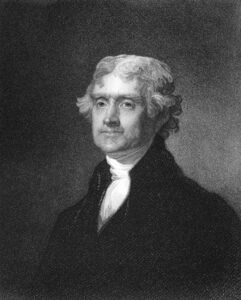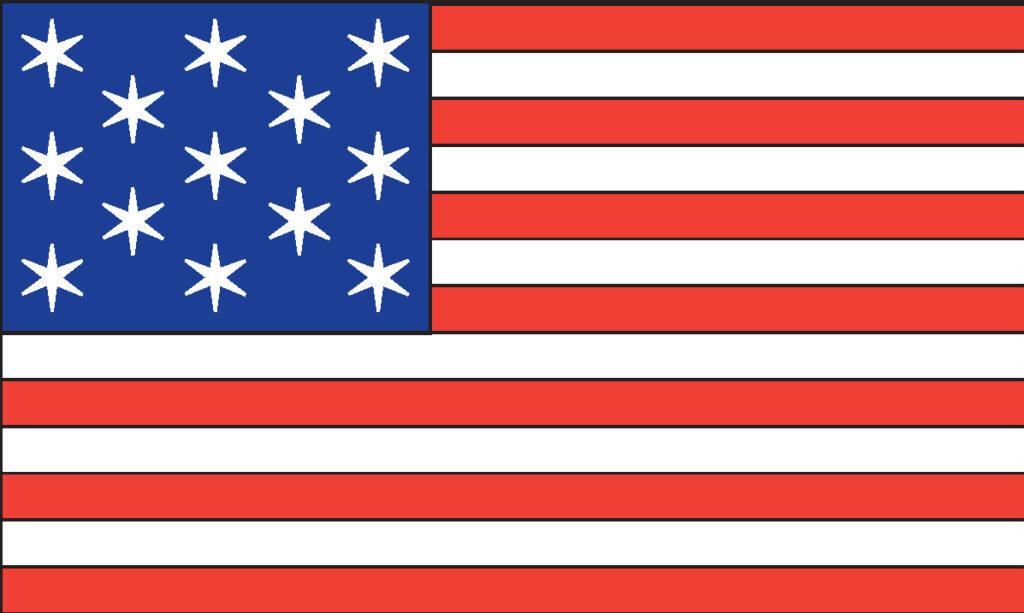Thomas Jefferson, Secretary of State, in a letter to President Washington, concerning the proposed, unlawful (central) Bank of the United States, writes:
It has been urged that a bank will give great facility or convenience in the collection of taxes, Suppose this were true: yet the Constitution allows only the means which are “necessary,” not those which are merely “convenient” for effecting [sic] the enumerated powers. If such a latitude of construction be allowed to this phrase as to give any non-enumerated power, it will go to everyone, for there is not one which ingenuity may not torture into a convenience in some instance or other, to some one of so long a list of enumerated powers. It would swallow up all the delegated powers, and reduce the whole to one power, as before observed. Therefore it was that the constitution restrained them to the necessary means; that is to say, to those means, without which the grant of the power would be nugatory. (Emphasis in the original)
[added 10/17/2021] Thanks to Jim Lorenz for this entry.
Subsequent Events:
Authority:
Article I, Section 8 [Clause 18]
ccc-2point0.com/constitution-for-the-united-states
Article II, Section 2 [Clause 2]
ccc-2point0.com/constitution-for-the-united-states
References:
Jefferson’s Opinion on the Constitutionality of the National Bank.mht
www.lexrex.com/enlightened/writings/bank/jefferson.htm
Jefferson The Constitutionality of a National Bank, 1791.mht
constitution.org/mon/tj-bank.htm


